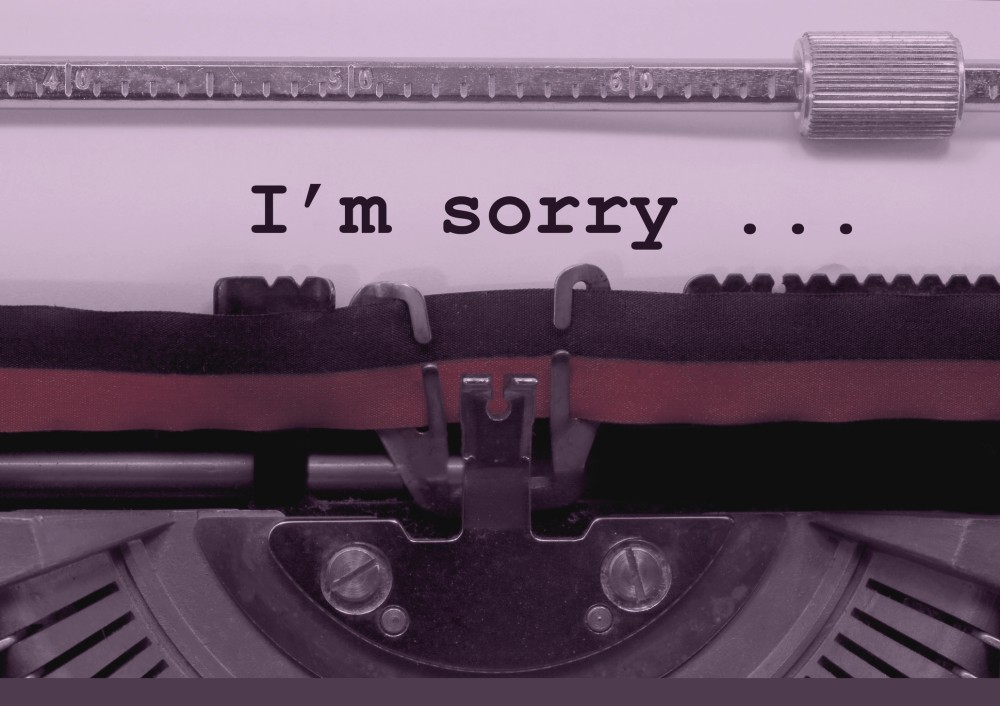A model apology from a sinner-saint
An ELCA bishop apologized for sexist comments he made—without claiming that they were out of character.

In February, Bill Gohl posted an apology to the website of the Delaware-Maryland Synod of the Evangelical Lutheran Church in America, which he serves as bishop. He was not addressing a crime, impropriety, or heresy. Gohl’s apology was for public comments he made about three female pastors in the synod—comments that diminished the women’s callings. Charged with honoring Connie Miller’s 35 years of ministry, Gohl instead praised her gifts as a parent. Then, when introducing a congregation’s former pastors, Gohl highlighted both Paige Evers’s short stature and Christine Myers Parker’s youthful appearance.
Few jaws will hit the floor upon learning of these remarks. They are familiar in character to many others heard elsewhere. They are also sexist and wrong—and when two individuals approached Gohl to tell him so, he listened.
His public response is a model apology. Gohl is specific, describing his words and the way “they missed the mark of the moment.” He’s unequivocal about his responsibility, neither asking to be judged by his good intentions nor shifting the focus to those who took offense. And he doesn’t mention the fact that other people make more egregiously sexist comments all the time. “I make no explanations,” he writes. “The ways that I spoke of these colleagues was wrong.”




